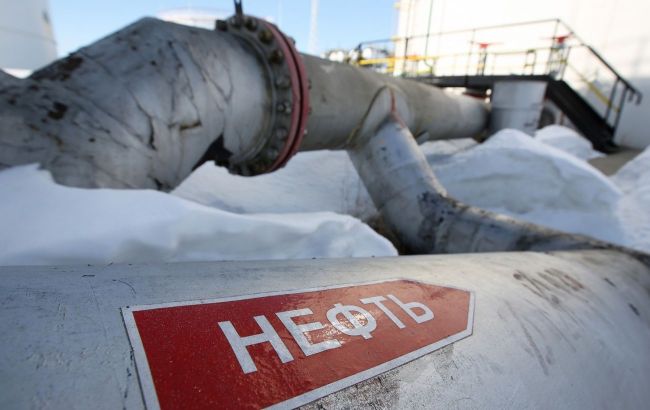New US sanctions threaten Russian oil trade to India
 New US sanctions threaten Russian oil trade to India (Getty Images)
New US sanctions threaten Russian oil trade to India (Getty Images)
The latest round of US sanctions targeting Moscow threatens to disrupt Russian oil sales to India, the largest buyer of Russian seaborne crude oil, according to Reuters.
Indian oil refineries are concerned that the recent sanctions will create challenges in securing vessels for transporting Russian oil and could lead to an increase in freight rates.
Moreover, Moscow may have to resort to even larger volumes through traders to shield itself from the risk of further sanctions, intensifying the uncertainty, industry sources reported.
India had rarely purchased Russian oil before 2022 due to high transportation costs, but the third-largest oil-importing country's refineries are now significant buyers, benefiting from lower prices after Europe banned the import of Russian oil.
In 2023, Russia became the top oil supplier to India. The South Asian country imported about 1.66 million barrels per day of Russian oil in 2023 compared to an average of 652 thousand barrels per day in 2022.
State-owned refineries in India have agreed with Russian company Rosneft to purchase 400 thousand barrels per day of Russian oil starting April 1.
Sources indicated that the final volumes of the planned term contracts depend on payment terms and discounts offered by Russia.
According to two sources, Rosneft has offered a discount of $3-3.50 per barrel to Dubai prices. Refiners consider the proposed discount insignificant due to the uncertainty caused by sanctions.
A source in the Indian government stated that India will continue to buy Russian oil only if it is sold at a price lower than the maximum price on vessels not subject to sanctions.
US sanctions
On February 23, Washington imposed sanctions on the second anniversary of Moscow's invasion of Ukraine and in response to the death of opposition leader Alexei Navalny. The sanctions target the leading Russian tanker group Sovcomflot for violating the price limit on Russian oil established by the G7 countries, as well as 14 oil tankers associated with Sovcomflot.

